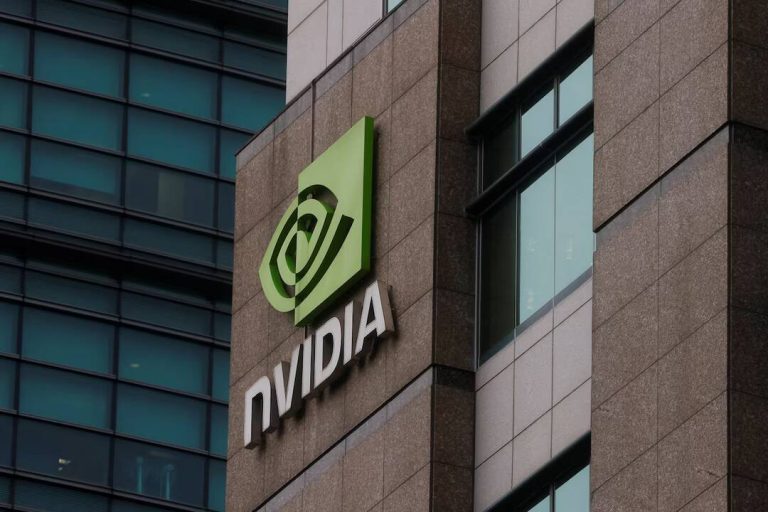
US must go open source to beat China in AI: Databricks co-founder
The world of Artificial Intelligence (AI) is rapidly evolving, with countries like the United States and China vying for dominance in the field. However, according to Databricks co-founder Andy Konwinski, the US is at risk of losing its lead in AI research to China, posing an “existential” threat to democracy. Konwinski’s concerns highlight the need for the US to adopt a new approach to AI development, one that emphasizes open-source collaboration and innovation.
The US has long been a leader in AI research, with top universities and tech companies driving innovation in the field. However, China has been rapidly catching up, with significant investments in AI research and development. According to a report by the Center for Data Innovation, China has surpassed the US in the number of AI research papers published, and is closing the gap in terms of AI patent filings. This shift in the balance of power has significant implications for the US, and Konwinski believes that the country must take drastic action to maintain its lead.
Konwinski’s warning is not just about the economic implications of losing the AI race, but also about the potential risks to democracy. As AI becomes increasingly integrated into our lives, the control of AI technology will have significant implications for national security, privacy, and individual freedoms. If China were to become the dominant player in AI, it could potentially use this technology to exert control over other countries, undermining democratic institutions and values.
So, what can the US do to maintain its lead in AI research and development? Konwinski believes that the answer lies in open-source AI. By making AI technology open-source, the US can harness the collective talents of researchers and developers around the world, driving innovation and collaboration. This approach would allow the US to tap into the global AI community, leveraging the expertise and creativity of developers from diverse backgrounds and countries.
The benefits of open-source AI are numerous. For one, it would allow for faster development and deployment of AI technology, as researchers and developers can build on each other’s work. Open-source AI would also promote transparency and accountability, as the code and data used to develop AI systems would be publicly available for scrutiny. This would help to build trust in AI technology, and ensure that it is developed and used in ways that are fair, secure, and beneficial to society.
Moreover, open-source AI would help to address the issue of talent shortage in the US. Currently, the US is facing a significant shortage of AI talent, with many top researchers and developers being lured away by Chinese companies offering lucrative salaries and benefits. By making AI technology open-source, the US can attract top talent from around the world, and provide opportunities for researchers and developers to contribute to AI development, regardless of their location or affiliation.
Konwinski’s comments are a wake-up call for the US to rethink its approach to AI development. As he put it, “We’re eating our corn seeds; the fountain is drying up. Fast-forward five years, big labs are gonna lose too.” This warning suggests that the US is currently consuming its own seed corn, failing to invest in the next generation of AI researchers and developers. If the US fails to adopt an open-source approach to AI, it risks losing its lead in the field, and potentially undermining its own democratic institutions.
In conclusion, the US is at a crossroads in the AI race, and the decision to adopt an open-source approach to AI development is crucial. By making AI technology open-source, the US can harness the collective talents of researchers and developers around the world, driving innovation and collaboration. This approach would help to maintain the US lead in AI research, promote transparency and accountability, and address the issue of talent shortage. As Konwinski’s comments highlight, the stakes are high, and the US must take action to ensure that it remains a leader in the field of AI.
News source: https://www.newsbytesapp.com/news/science/us-must-open-source-its-ai-to-beat-china/story






